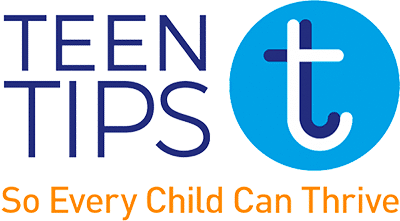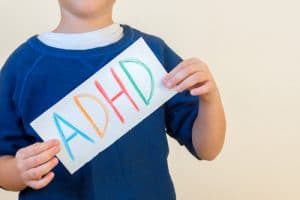
West Street, BN7 2NZ Lewes,
[email protected] +44 (0)1273093940 https://www.teentips.co.uk
I was 23 when I was diagnosed with ADHD, almost a year ago now, but I have had this disorder my whole life. ADHD stands for attention deficit hyperactivity disorder, though I think a more suitable name for my own experience would be dopamine and energy dysregulation.
There are a lot of misconceptions about ADHD – and a lot of things we still don’t know about it. Many people with undiagnosed ADHD are missed because their symptoms look different from the common stereotypes we have. Most research on ADHD has focused on men, specifically younger boys. This means that a lot of the more commonly known symptoms such as hyperactivity; struggling to sit still in class, being loud, interrupting, and not paying attention; not doing school work, being unable to focus, etc. are derived from studies on male children and adults. The symptoms of ADHD can actually vary quite broadly, often overlapping with symptoms from other forms of neurodivergence, mental illness, and learning disabilities. Symptoms can also be hidden by a behaviour called Masking.

As a child, my ADHD manifested in ways that could be overlooked. Even though I was very unorganised, had a shorter working memory, lost things constantly, was always daydreaming and “away with the fairies,” and struggled with a lot of anxiety. I have also always been a “perfectionist” and did well academically in the subjects that I was interested in. I learnt to mask. This meant I hid the ways I was struggling by copying the people around me and trying hard to fit in. This and my good grades meant no one saw anything different, other than being called “weird” a few times for the behaviours I couldn’t hide.
In reality, I was struggling a lot. It felt like I had to work twice as hard as my neurotypical school mates to achieve the same or less results than they did. The thing with ADHD is that it isn’t an illness you just wake up with one day, it is something that has always been there. How do you know that something is different about you when nothing has changed? I just figured that everyone else around me felt the same way that I did. I assumed everyone was struggling just as much with impulsiveness, inconsistent energy levels, forgetfulness, time blindness, social rules, paying attention, hyper focusing, and some of the other comorbid symptoms I experience, such as auditory processing disorder.
I managed to work my way through college, two university degrees, multiple jobs and various mental illness diagnoses before a medical professional pointed out to me that some of my symptoms seemed similar to ADHD. After doing some research of my own, I felt like I had finally found the missing piece of a puzzle I had not known I had lost. The books and articles I read, the videos I watched, it felt like they had been written about me, about my own life. The feeling that I was never quite right, had never quite fit in… suddenly, here was something that made me feel less alone. I could make sense of myself and my experiences for the first time in my life and I no longer felt like less than for just existing.
Since my diagnosis and treatment of some of my symptoms with medication and therapy, I have felt so much more myself and in tune with my identity. I am aware of the things I struggle with without the layer of shame that has haunted me most of my life. I am proud of who I am and proud of the things I have done whilst living with something that many people will never understand. I have also found myself making connections and joining communities with other neurodivergent women and it is so empowering to know that this is not something I am alone in. Despite the difficulty with being diagnosed as a woman, I am so glad that I have come out the other side of this journey.
I would encourage anyone who may suspect they have ADHD to continue in their research, reach out for support and resources, and seek a diagnosis if you feel it could help. It can be hard to do this, the entire process of getting a diagnosis and treatment is very counterintuitive to those with ADHD, but there are lots of resources for people like us to help guide us through it and it truly can be a life-changing realisation.
Please note, this blog highlights Kitty’s experience of living with ADHD. However, every individual experiences ADHD differently and it’s important we recognise the multitude of ways that ADHD can present itself.
February 5th to February 11th, 2024, we wholeheartedly support Children’s Mental Health Week. This week serves as a platform to empower, equip, and amplify the voices of all children and young individuals.
The theme this year is ‘my voice matters’. Recent NHS data found 1 in 5 children and young people had a probable mental health disorder in 2023. It is more important than ever that children and young people feel heard and never have to suffer mental health difficulties alone.
We have dedicated an entire section of The Wellbeing Hub to Pupil Voice and continue to support parents, pupils, and the whole school community with the mental health and wellbeing of children and young people. If you are a parent looking for instant access to support, advice, and answers click here for your free trial.
If you are a school looking to support your whole school community, get in touch today: [email protected]. Together, let’s make a difference!
Keep up to date on our latest insights, guidance and tips